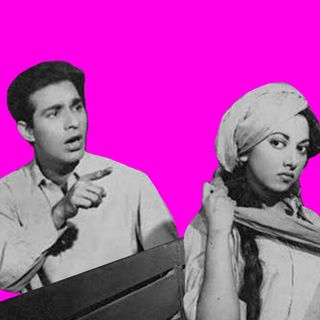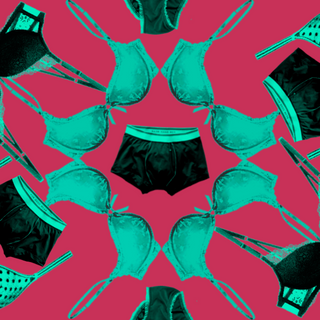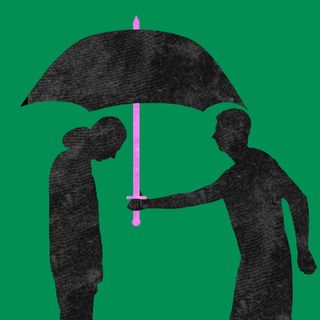In Words Mean Things, we unpack weighty words whose meanings have been sacrificed to hot takes.
Privilege discourse was supposed to be a way to recognize structural inequalities pitting people against one another. Instead, it’s distorted our understanding of culture, history, and politics to the extent that it’s hard to tell what’s ironic and what isn’t anymore. Take the Twitter conversationabout Anne Frank having had white privilege, for instance, or just about any observation online accompanied with accusations of the observer having some form of privilege or another that enables that specific experience. Class, neurodiversity, queerness, gender, and race are frequently implicated in this specific form of Internet sparring. And many have begun to tire of it.
In the 80s, feminist scholar Peggy McIntosh wrote a paper called “White Privilege and Male Privilege: A Personal Account of Coming to See Correspondences Through Work in Women’s Studies,” which came to define privilege well in advance of a zeitgeist that would go on to debate the relative privilege of a white trans girl who was murdered against a Black woman who was murdered (a real conversation on the internet, about the death of Brianna Ghey, a trans teenager from the UK, and Breonna Taylor, a Black woman from the US).
Conversations about privilege in the Indian context have played out in the form of individuals caveating their speech by acknowledging their caste and class privilege. It’s an exercise that’s meant to affirm the injustice of privileged folks getting air-time in an issue that doesn’t affect them — but acknowledging privilege gives individuals the credibility to carry on doing just that.
The linguist John McWhorter noted that the way privilege has begun to be weaponized in arguments shunts “energy from genuine activism into — I’m sorry — a kind of performance art.” Often, acknowledging one’s own privilege becomes a shield in itself — simply being aware of privilege substitutes for meaningful reflection or solidarity. Quizzes now aid individuals to check how privileged they are by quantifying their structural advantages — but this isn’t followed by a call to action beyond “checking” the privilege in question. It’s a vague statement that asks nothing of the privilege-haver — instead, it allows them a therapeutic out from uncomfortable self-reflection, seeing as the phrase “check your privilege” is often exhorted as a moral mantra.
Related on The Swaddle:
How Privilege Discourse Can Distort Social Justice
Where the idea of privilege was supposed to be enlightening and radicalizing, it’s turned into a linguistic tool to keep the status quo intact. Inadvertently, speakers opening their speech with a reflection on their privilege only tends to block criticism of taking up that space in the first place — and it frames the absence of marginalized individuals as inevitable.
Moreover, unlike McIntosh’s 46 examples of White privilege, privilege is hard to quantify. But the Internet would have you believe that it’s possible to calculate one person’s net privilege against another’s to determine who is more deserving of space, solidarity, and attention. What began as a way to identify systemic injustices, in other words, now turned into a way to individualize injustice once again. One person’s privilege does come at someone else’s expense to be sure — but mere acknowledgement doesn’t change anything about that. Worse, when used as an accusation, it could do the opposite of its intended effect: make people feel the need to justify themselves. “The word immediately puts a person’s shields up. So much so that they actually won’t hear your point, they are too busy thinking of defenses,” activist Lewis Oakley wrote.
As a result, it’s harder to talk about social justice issues now than it ever was. In place of solidarities and calls to action across like-minded communities, the insertion of privilege requires everyone involved to center themselves as main characters in a systemic issue. It also leaves the hierarchy of privilege intact.
And worse still, it leaves people born with privilege off the hook for feeling the injustice of coming into that fortune without asking for it. At best, the people in question walk away a little guilty — an inherently unhelpful emotion in pursuance of social justice. But at worst, it could leave people coming off smug.
As the writer Vijeta Kumar wrote: “The point here is not that the English-speaking person sometimes has warped ideas about what privilege looks and sounds like… it’s that there is a certain laziness around these words that prevents us from doing the thinking.” With privilege discourse, thinking about what privilege really means, seems secondary.




